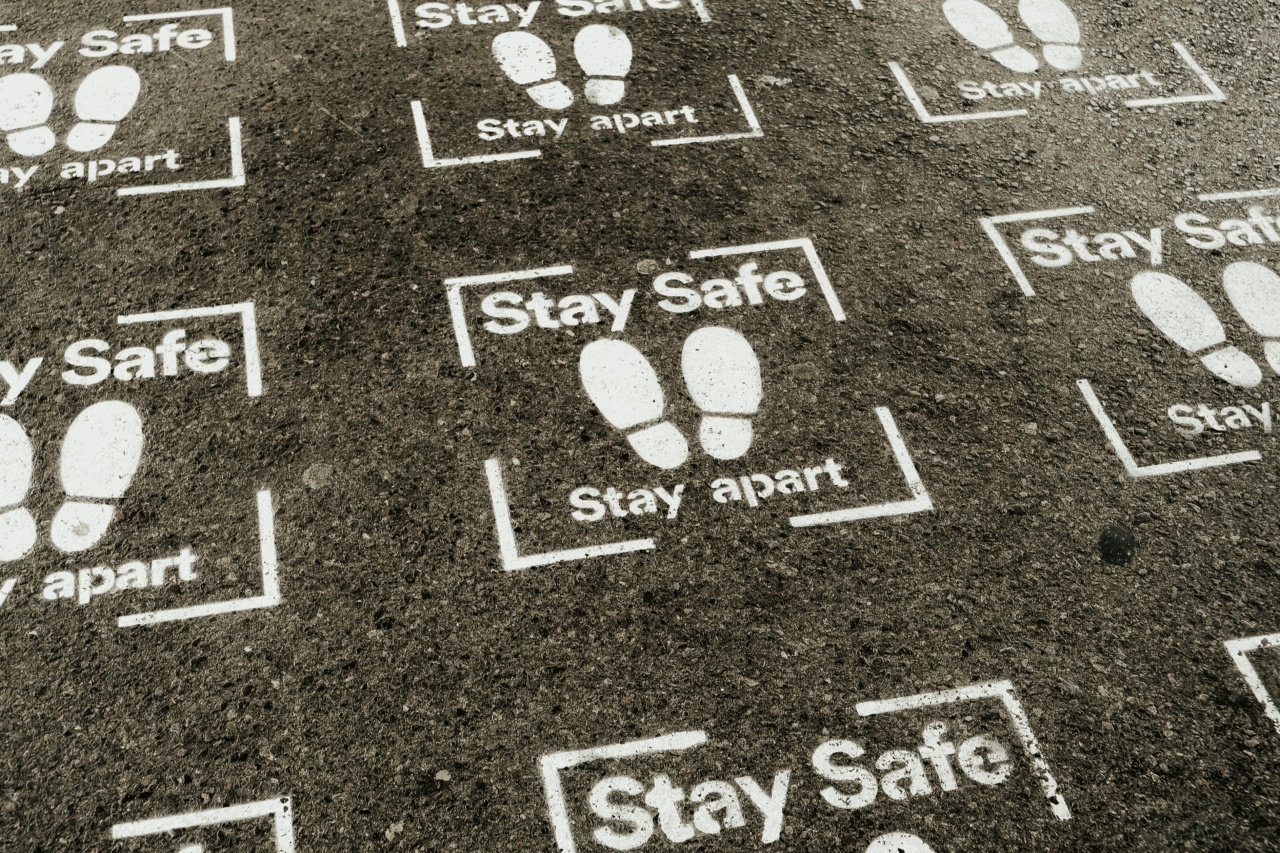Oral cancer, also known as mouth cancer or oral cavity cancer, is an abnormal growth of cells in the mouth, tongue, lips, tonsils, gums, or throat.
According to the American Cancer Society, about 54,000 people in the United States will be diagnosed with oral cavity or oropharyngeal cancer in 2021, and an estimated 10,850 people will die from the disease. In this article, we will discuss the signs, risks, and ways to prevent oral cancer.
Signs of Oral Cancer
Oral cancer can develop without any noticeable signs or symptoms in its early stages, but as it progresses, there are some common signs to look out for, including:.
- Sores or ulcers that don’t heal within two weeks
- Red or white patches on the tongue, mouth, or throat
- A lump or thickening on the gums, lips, or inside the mouth
- Numbness or tingling in the mouth or face
- Persistent sore throat or hoarseness
- Difficulty swallowing or chewing
- Bleeding or pain in the mouth
If you notice any of these signs or symptoms, it’s important to see your dentist or doctor as soon as possible.
Risks of Oral Cancer
While anyone can develop oral cancer, some people are at a higher risk than others. The following factors may increase your risk of developing oral cancer:.
- Smoking or using tobacco products
- Excessive alcohol consumption
- Exposure to the human papillomavirus (HPV)
- A history of oral cancer or other head and neck cancers
- A weakened immune system
- Poor oral hygiene
- A diet low in fruits and vegetables
- Exposure to sunlight without proper protection
If you have any of these risk factors, it’s important to be extra vigilant about monitoring your mouth for signs of oral cancer, and to take steps to reduce your risk of developing the disease.
Preventing Oral Cancer
Although there is no surefire way to prevent oral cancer, there are some things you can do to reduce your risk of developing the disease, including:.
- Quit smoking or using tobacco products
- Limit your alcohol consumption
- Avoid prolonged exposure to sunlight without proper protection
- Eat a healthy, balanced diet that is high in fruits and vegetables
- Maintain good oral hygiene by brushing your teeth twice a day, flossing daily, and visiting your dentist regularly for checkups and cleanings
- Consider getting the HPV vaccine
- Stay vigilant about monitoring your mouth for signs of oral cancer, and report any changes or abnormalities to your dentist or doctor immediately
It’s also important to note that early detection is key when it comes to treating oral cancer. That’s why it’s recommended that adults undergo oral cancer screenings as part of their routine dental checkups and cleanings.
During a screening, the dentist will examine your mouth for any signs of oral cancer, and may perform additional tests if necessary.
Conclusion
Oral cancer is a serious disease that can have devastating consequences if not caught and treated early. By understanding the signs, risks, and ways to prevent oral cancer, you can take steps to protect yourself and your loved ones from this disease.
Remember to maintain good oral hygiene, avoid tobacco and excessive alcohol consumption, protect yourself from the sun, and report any changes or abnormalities in your mouth to your dentist or doctor as soon as possible.

























